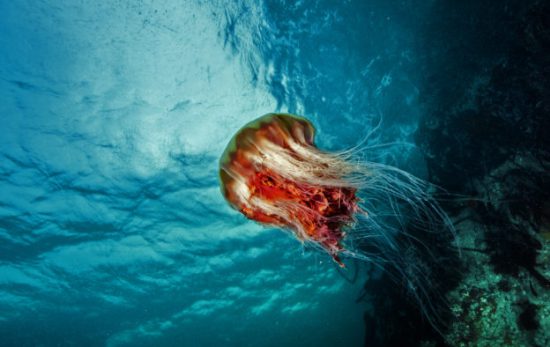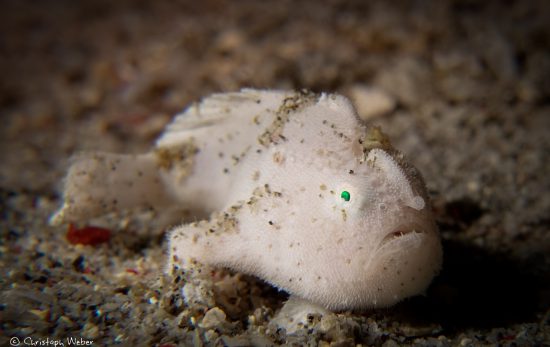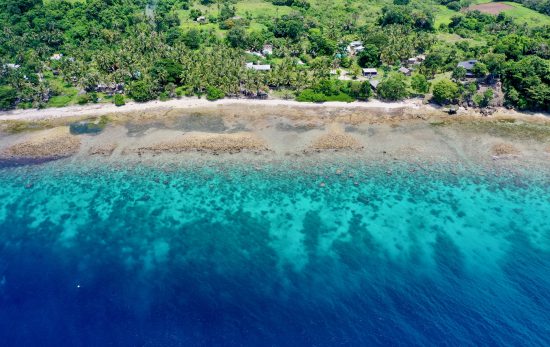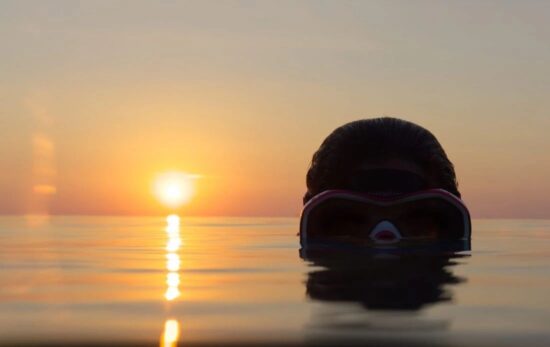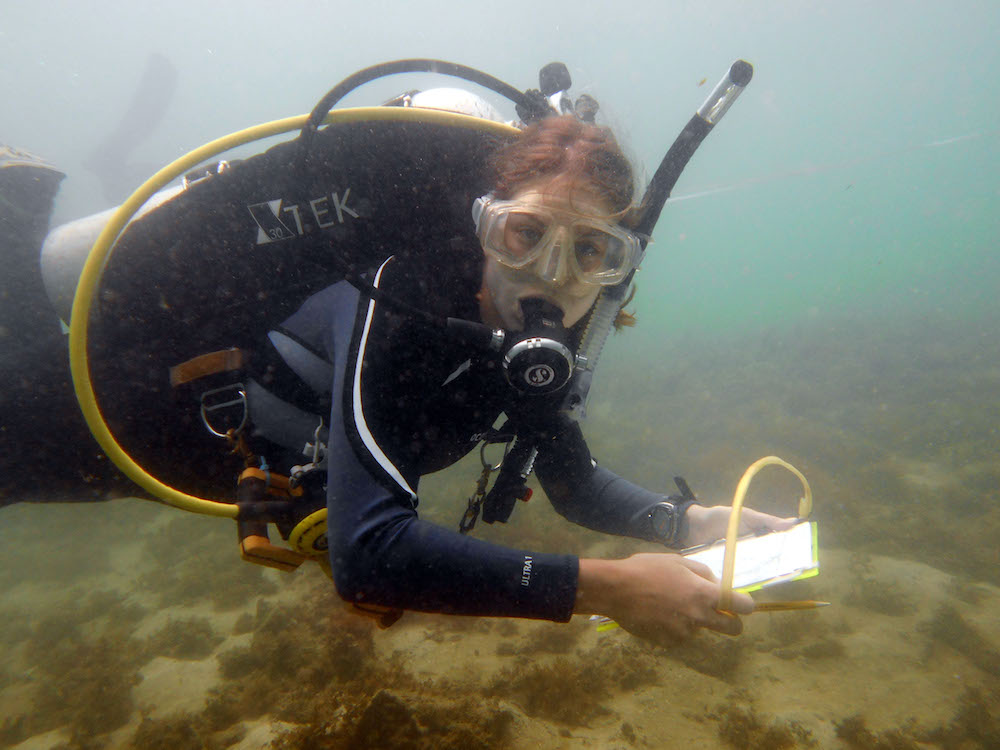The PADI Master Scuba DiverTM rating is sometimes called the “black belt” of recreational scuba diving. The journey towards earning this elite title — achieved by fewer than 2% of divers — can tailored to your individual interests, such as underwater photography, cold water diving or exploring sunken wrecks.
First, we’ll review what the Master Scuba Diver rating entails, then explore how you can customize your curriculum to match your scuba career goals.
Divemaster or Master Scuba Diver
If you’re unclear on the difference between a Master Scuba Diver and a Divemaster, here’s some clarification:
- PADI Master Scuba Diver (MSD) is the highest possible rating for a recreational diver. To achieve the MSD rating, a diver must have completed the PADI Open Water Diver, Advanced Open Water Diver and PADI Rescue Diver (or equivalent) certifications. You also need at least 50 logged dives and to have completed five PADI Specialty Courses.
- PADI Divemaster is the first rung on the ladder of being a PADI Professional. To begin the Divemaster certification, divers must have at least 40 logged dives and have completed the PADI Open Water Diver, Advanced Open Water Diver and PADI Rescue Diver (or equivalent) certifications. You can view a complete list of Divemaster prerequisites here.
No PADI Speciality courses are prerequisites for completing the Divemaster course. However the Divemaster course does require divers to organize a search and recovery project and leading to deep dive. Therefore, aspiring PADI Professionals will benefit from completing the Deep Diver, Underwater Navigator, and Search and Recovery specialty courses.
After completing these three specialty courses, you will only need to complete two more to meet the five speciality requirement for Master Scuba Diver rating. Why not complete Emergency Oxygen Provider and Equipment Specialist to further enhance your diving résumé and earn the elite Master Scuba Diver title?
Emergency Oxygen Provider
The Emergency Oxygen Provider speciality can be applied towards a Rescue Diver course requirement and is an essential safety skill for dive professionals. Some dive operators won’t hire a Divemaster or Instructor who doesn’t know how to administer emergency oxygen.
Equipment Specialist
Equipment Specialist gives a thorough overview of scuba gear. This includes how it works, proper maintenance and basic repairs. This will give you the confidence to deal with common gear problems when diving. It’s also a valuable skills as a dive professional. Furthermore, this specialty introduces you to the different types of scuba equipment you may encounter when working on a boat or with students.
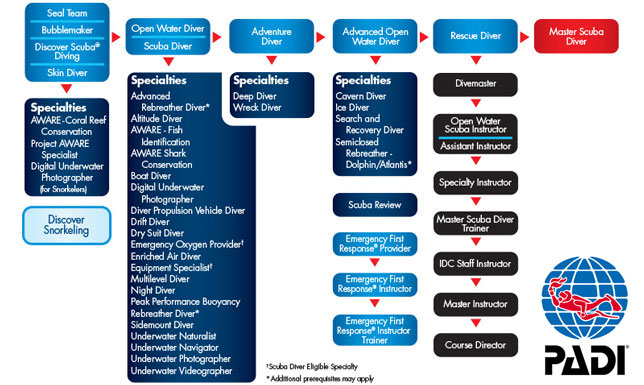
Public Safety Diver
The PADI Public Safety Diver course prepares divers to respond to a variety of emergencies. To begin training as a PADI Public Safety Diver, you need a PADI Advanced Open Water certification.
Interested in pursuing a career as a public safety diver? You will benefit from a PADI Master Scuba Diver program that includes the Underwater Navigation and Search and Recovery specialty courses. Locating and recovering evidence is something public safety divers are often asked to do. Additionally, the Dry Suit Diver and Full Face Mask specialties are also useful to added to your skill set. Regularly used by public safety divers, knowledge of these two pieces of equipment will help you stand out from the crowd.
Lastly, the Self-Reliant Diver specialty can help prepare a diver for the self-rescue technique section of the Public Safety Diver course.
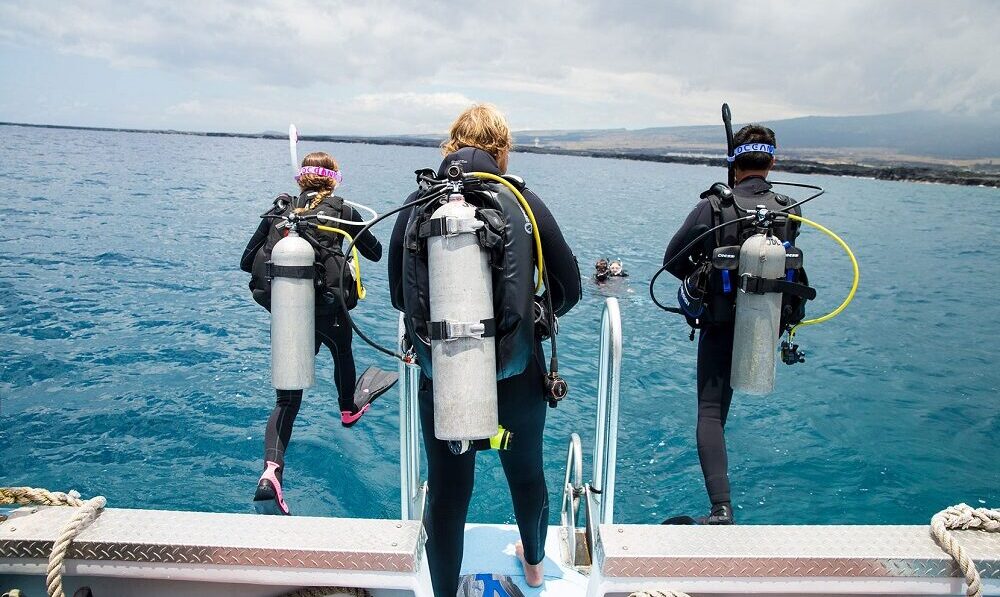
Choose Your Own Adventure
There are dozens of exciting career opportunities for Master Scuba Divers. These include:
- Hollywood stunts
- Scientific diving
- Underwater archaeology
- Working on a liveaboard
- Training astronauts
For more information, speak to your local PADI Dive Center or Resort about your scuba career goals. Ask what distinctive specialties are available and best suited to your interests.
These distinctive PADI specialties all count towards your Master Scuba Diver rating, too. These courses offer divers a wide and unique array of training opportunities. Examples include Underwater Model, Invasive Lionfish Tracker, Helicopter Diver and Mermaid.
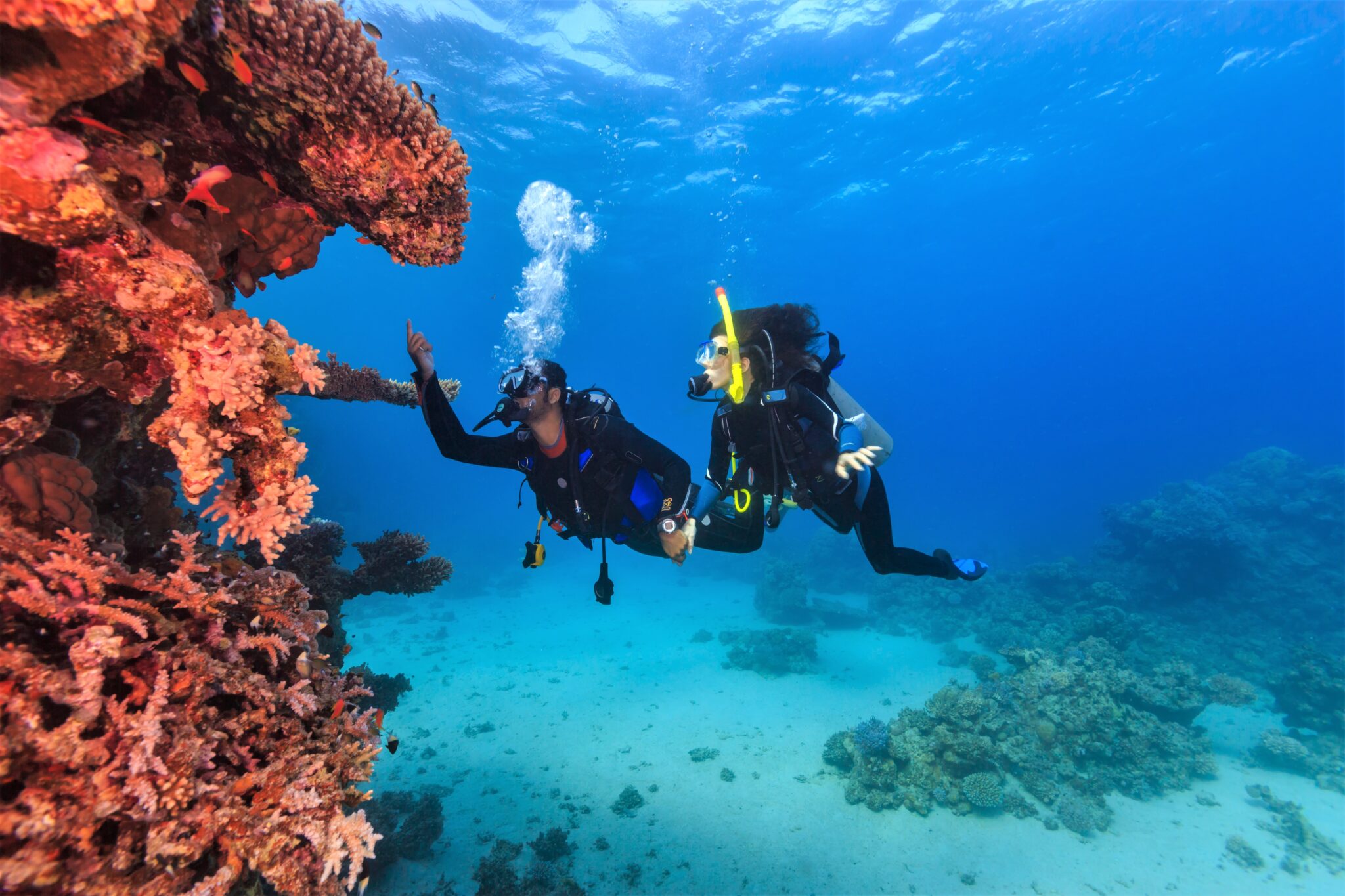
Ready To Join the Scuba Diving Elite?
PADI Master Scuba Divers are at the pinnacle of recreational diving. If you’re interested in a part-time or full-time career in scuba diving now or in the future, the Master Scuba Diver program is an effective way to enhance your skills and your résumé.

